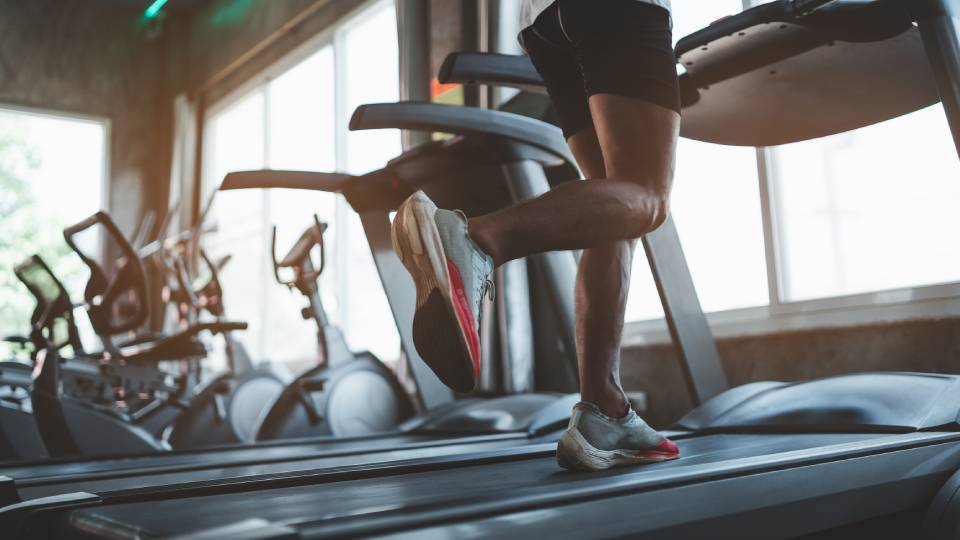The study, led by Loughborough University’s Professor Lettie Bishop, found that people who underwent an exercise programme after contracting COVID-19 improved numbers of immune cells that are particularly important for fighting against new infections.
The trial involved 31 patients diagnosed with post-COVID syndrome who had previously been hospitalised with the condition.
Participants were randomly selected for an eight-week exercise-based rehabilitation program that included treadmill walking, cycling, and strength training, while the rest received standard care. Those who took part in exercise had significantly more immune cells after the programme, than those who received standard care.
Professor Bishop explained:“Research suggests that people with post-COVID syndrome are more likely to have a dysregulated immune system that can lead to disproportionate reactions, damage to healthy cells and ongoing inflammation. This may contribute to the symptoms experienced in post-COVID syndrome.
“Active rehabilitation improved numbers of the types of T cells responsible for providing rapid responses to both re-exposure to previous infections and new infections. These early findings suggest that physical activity, for those who can participate, might play an important role in restoring immune balance in people with post-COVID syndrome.”
The study was delivered in collaboration with the NIHR Leicester Biomedical Research Centre – Respiratory Theme and presented by Dr Enya Daynes at the annual European Respiratory Society Congress meeting in Amsterdam.
The research team now plans to investigate whether the benefits of exercise are the same in patients who had not been hospitalised with COVID.
